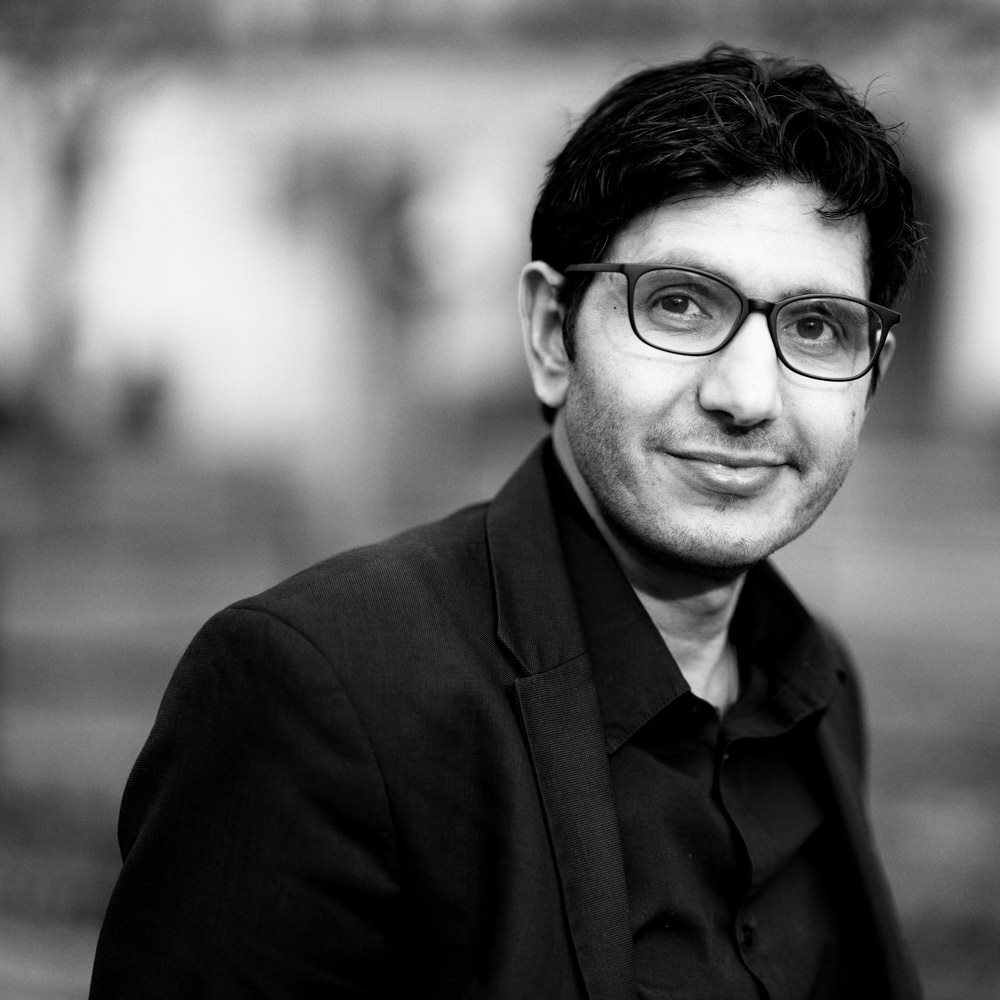Invited Speakers
CDHI International Conference 2022
Keynote Speakers
Jennifer Wemigwans
Virtual: Friday, September 30
9:00-10:30 am EST
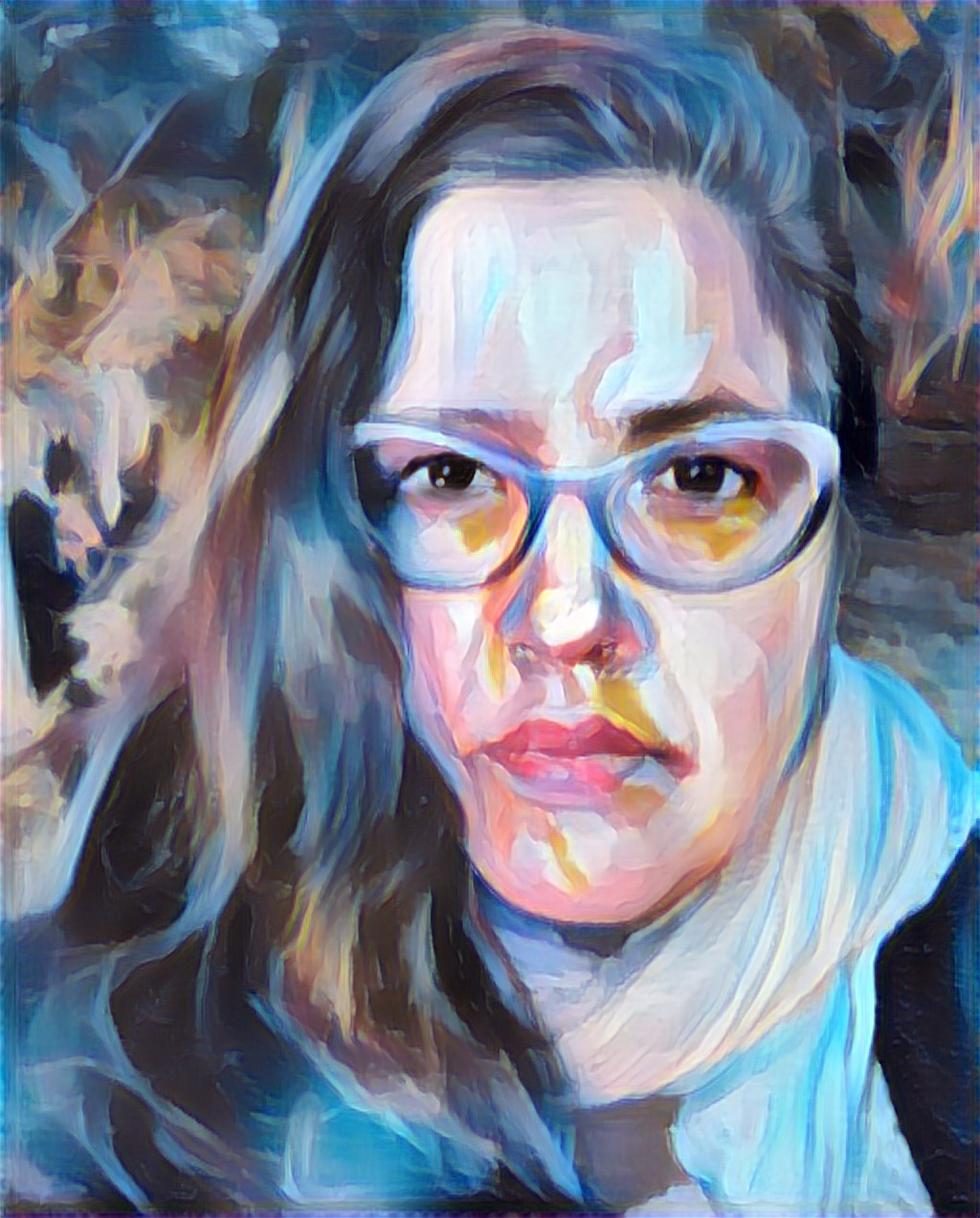
Digital Bundles: Creating Cultural Space for Indigenous Knowledge through the Use of New Technologies
Jennifer Wemigwans, PhD, is from Wiikwemkoong Unceded Territory on Manitoulin Island, Ontario. She is a new media producer, writer and scholar specializing in the convergence between education, Indigenous knowledge and new media technologies. Her book A Digital Bundle: Protecting and Promoting Indigenous Knowledge Online (2018) explores the prospects of Indigenous Knowledge education and digital projects in a networked world. Dr. Wemigwans takes pride in working to invert the conventional use of media by revealing the potential for Indigenous cultural expression and Indigenous knowledge through new technologies, education and the arts. She is an Assistant Professor in the Adult Education and Community Development Program at OISE University of Toronto.
Currently, Dr. Wemigwans has completed an Augmented Reality Teaching shared by Dr. Gokoomis (Grandmother) Jacque Lavallee on the meaning of Wendigo. In this 5 minute AR experience, launched through ceremony at the Toronto Biennial of Art 2022, users learn about the history of this territory and how kindness is our connection to land and each other. Dr. Wemigwans practices cultural ethics of care and Indigenous protocols of creation in her work, which signify Digital Bundles as new spaces for sharing Indigenous Knowledge and challenge non-Indigenous audiences to step outside of their codified systems and learn a new way of being and perceiving the world.
Lisa Nakamura
In-Person: Friday, September 30
Campbell Conference Facility
5:45-7:15 pm EST
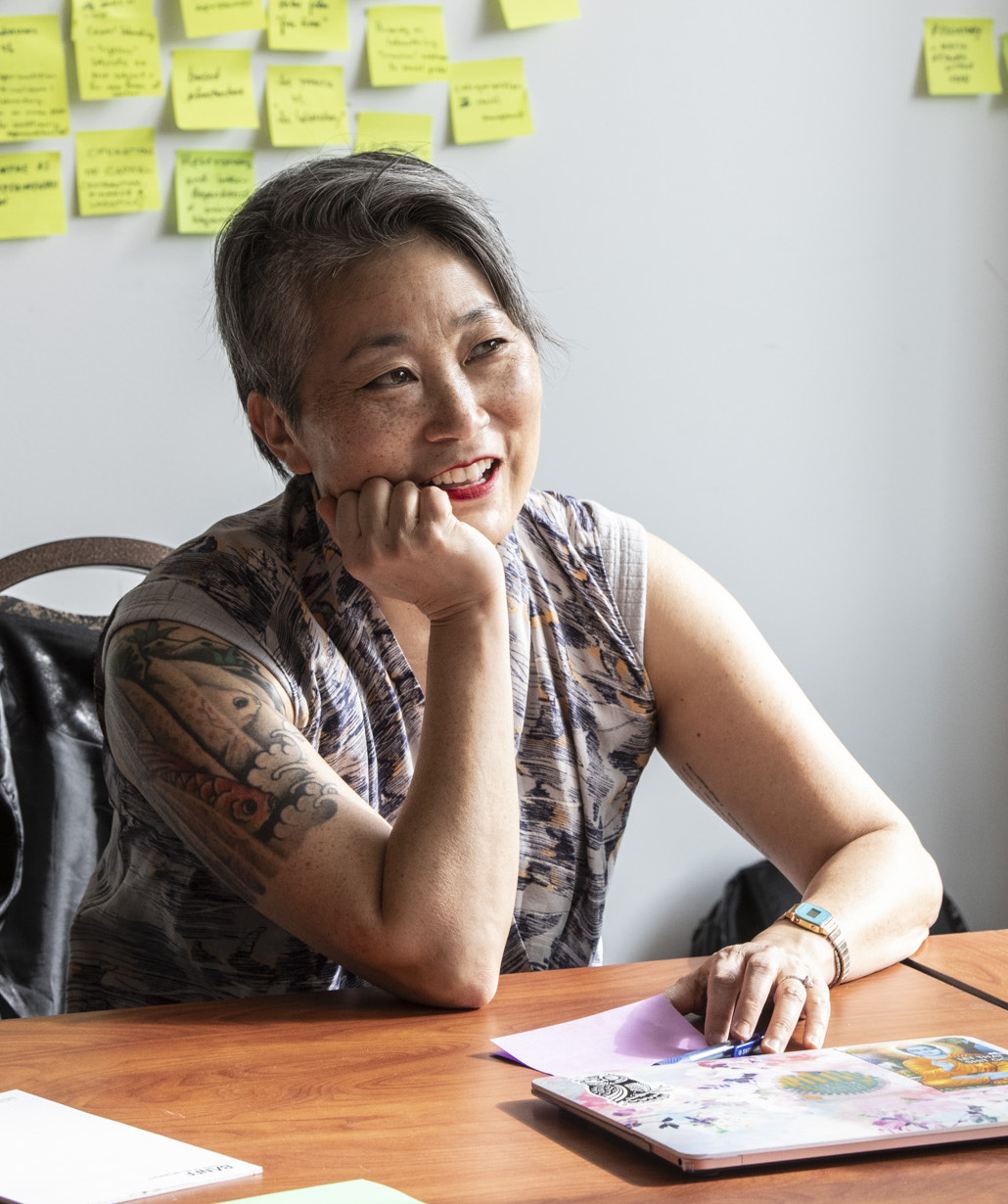
Digital Racial Capitalism: Women of Color’s Digital Diversity Work and Community Defense
Lisa Nakamura is the Gwendolyn Calvert Baker Collegiate Professor of American Culture at the University of Michigan. She is the author of several books on race, gender, and the Internet. She has studied identity tourism in video games and chatrooms, toxic embodiment in virtual reality, and the neglected contributions of women of color to the Internet and digital culture. She is the founding Director of the Digital Studies Institute at the University of Michigan and the P.I. for the DISCO (Digital Inquiry, Speculation, Collaboration, and Optimism) Network, a Mellon-Foundation funded research group focusing on race, digital technology, and disability. The DISCO Network’s new book manuscript, Digital Optimism, will be out sometime next year.
Wendy Hui Kyong Chun
In-Person: Saturday, October 1
Campbell Conference Facility
5:00-6:30 pm EST
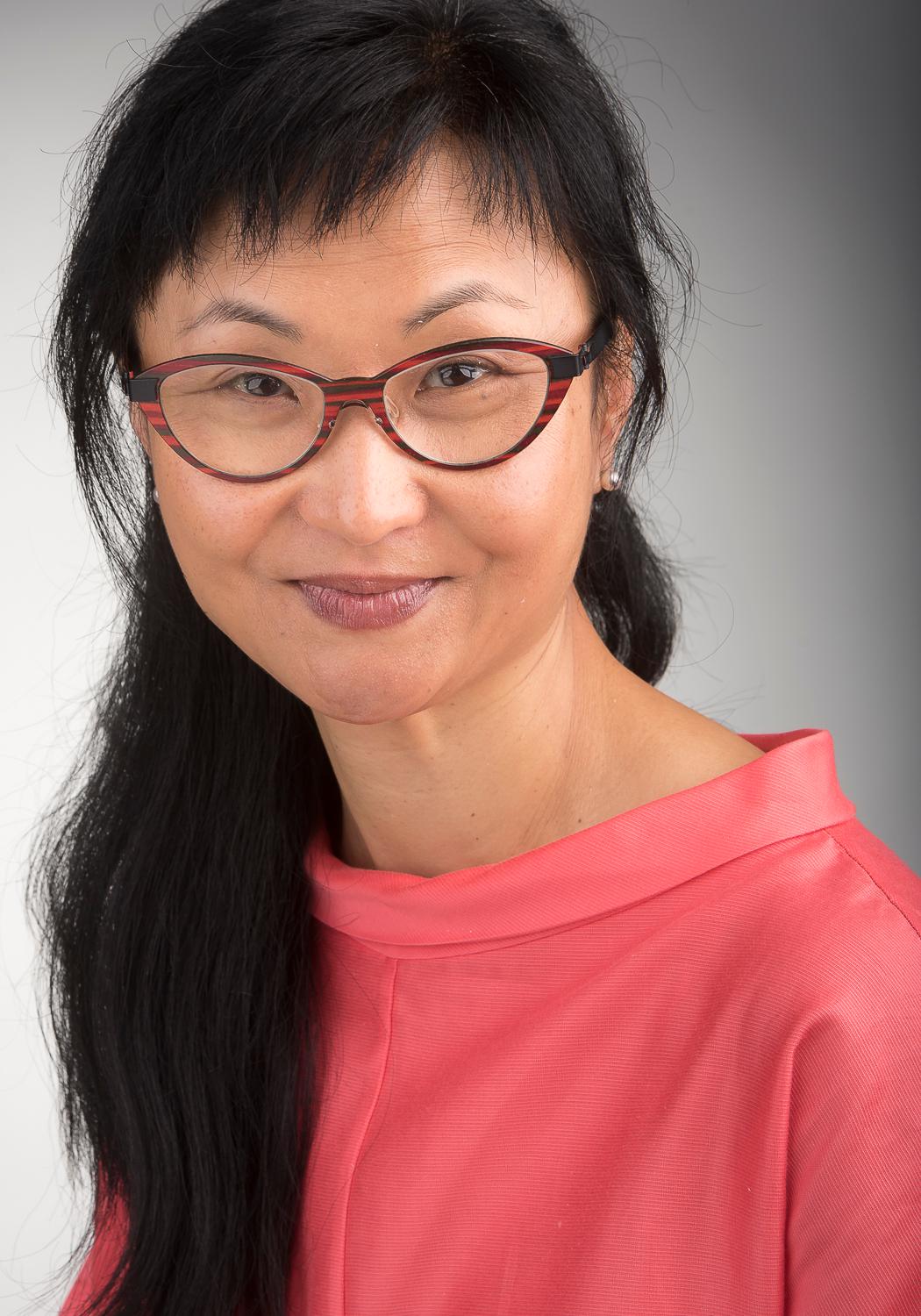
How Are You? Sentiment, Surveillance and
Anti-Asian Racism
Special Session Speakers
Anti-Racist Architectures: Equitable DH Technologies and Infrastructures
The special session takes place virtually on Friday, September 30 from 12:40-2:10 pm EST.
Safiya Noble
Safiya Umoja Noble is an internet studies scholar and Professor of Gender Studies and African American studies at the University of California, Los Angeles, where she is Co-Founder and Co-Director of the UCLA Center for Critical Internet Inquiry (C2i2). In 2021, she was recognized as a MacArthur Foundation Fellow (aka the “Genius Award”) for her ground-breaking work on algorithmic discrimination, which prompted her founding of a non-profit, Equity Engine, to accelerate investment in companies, education, and networks driven by women of colour.
She is the author of a best-selling book on racist and sexist algorithmic bias in commercial search engines, entitled Algorithms of Oppression: How Search Engines Reinforce Racism (NYU Press). Safiya is the recipient of a Hellman Fellowship and the UCLA Early Career Award. In 2022, she was recognized as the inaugural NAACP-Archewell Digital Civil Rights Award recipient.
Her academic research focuses on the design of digital media platforms on the internet and their impact on society. Her work is both sociological and interdisciplinary, marking the ways that digital media impacts and intersects with issues of race, gender, culture, and technology. She is regularly quoted for her expertise on issues of algorithmic discrimination and technology bias by national and international press including The Guardian, the BBC, CNN International, USA Today, Wired, Time, and The New York Times, to name a few. She holds a Ph.D. and M.S. in Library & Information Science from the University of Illinois at Urbana-Champaign, and a B.A. in Sociology from California State University, Fresno where she was awarded the Distinguished Alumni Award for 2018.
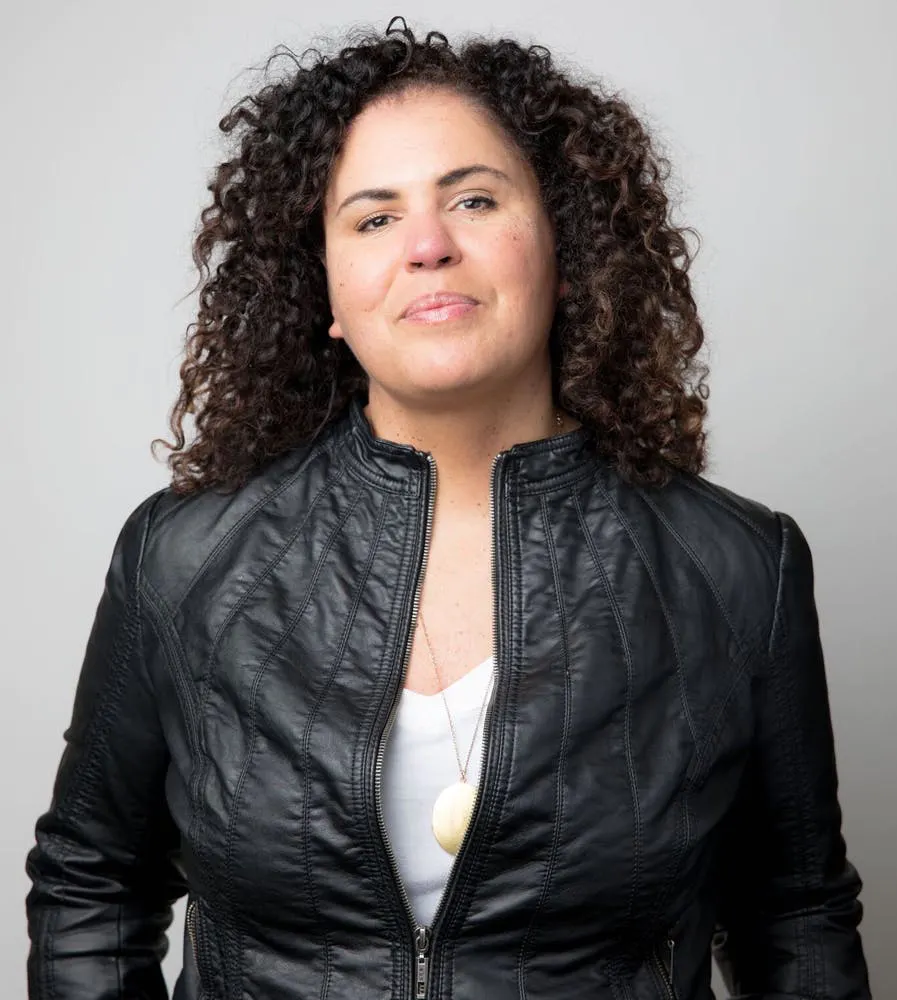
Ángel David Nieves
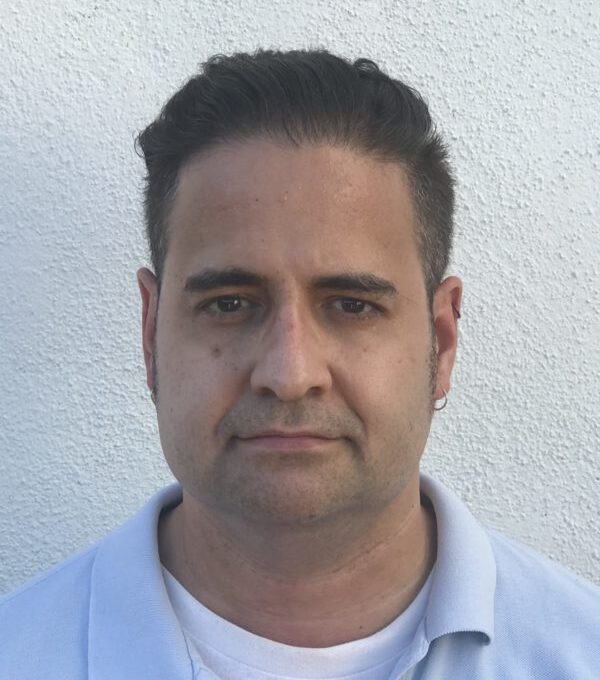
Alex Gil Fuentes
